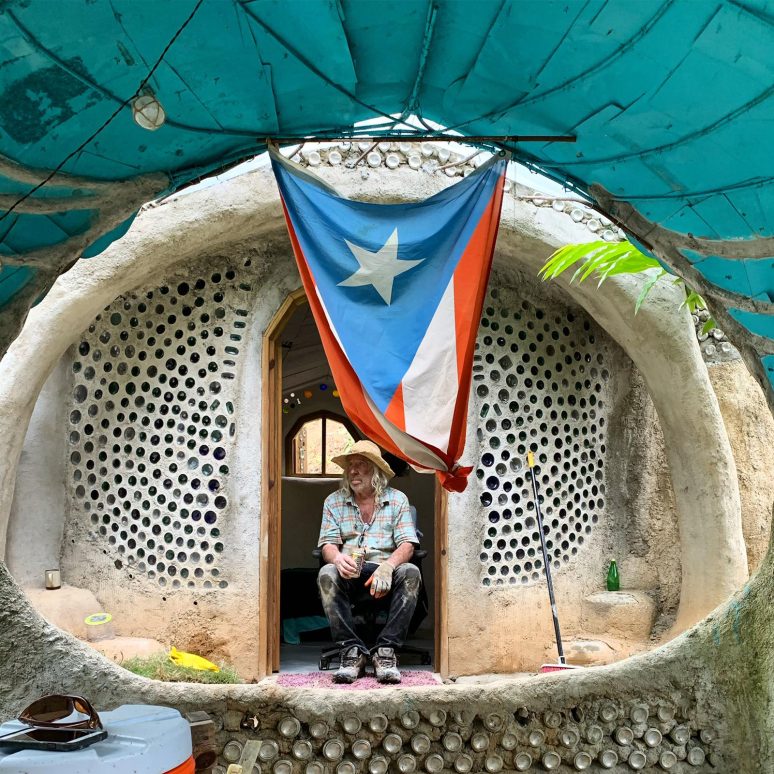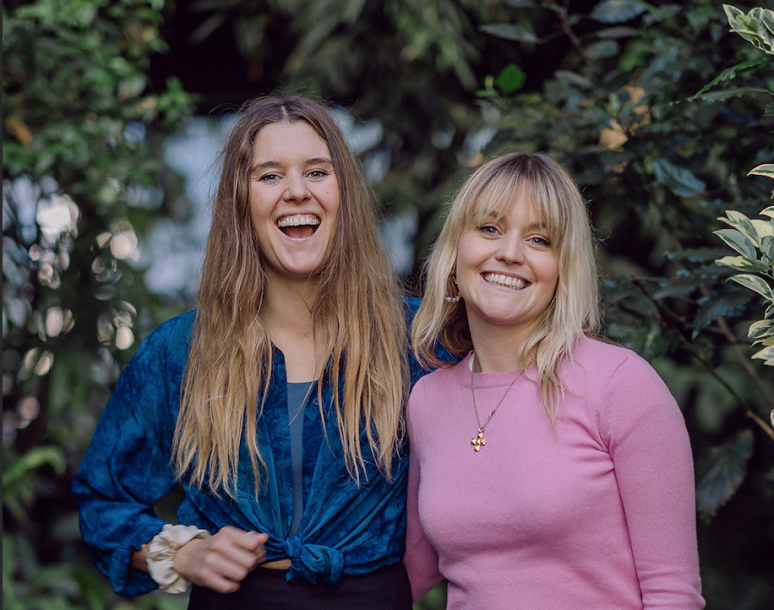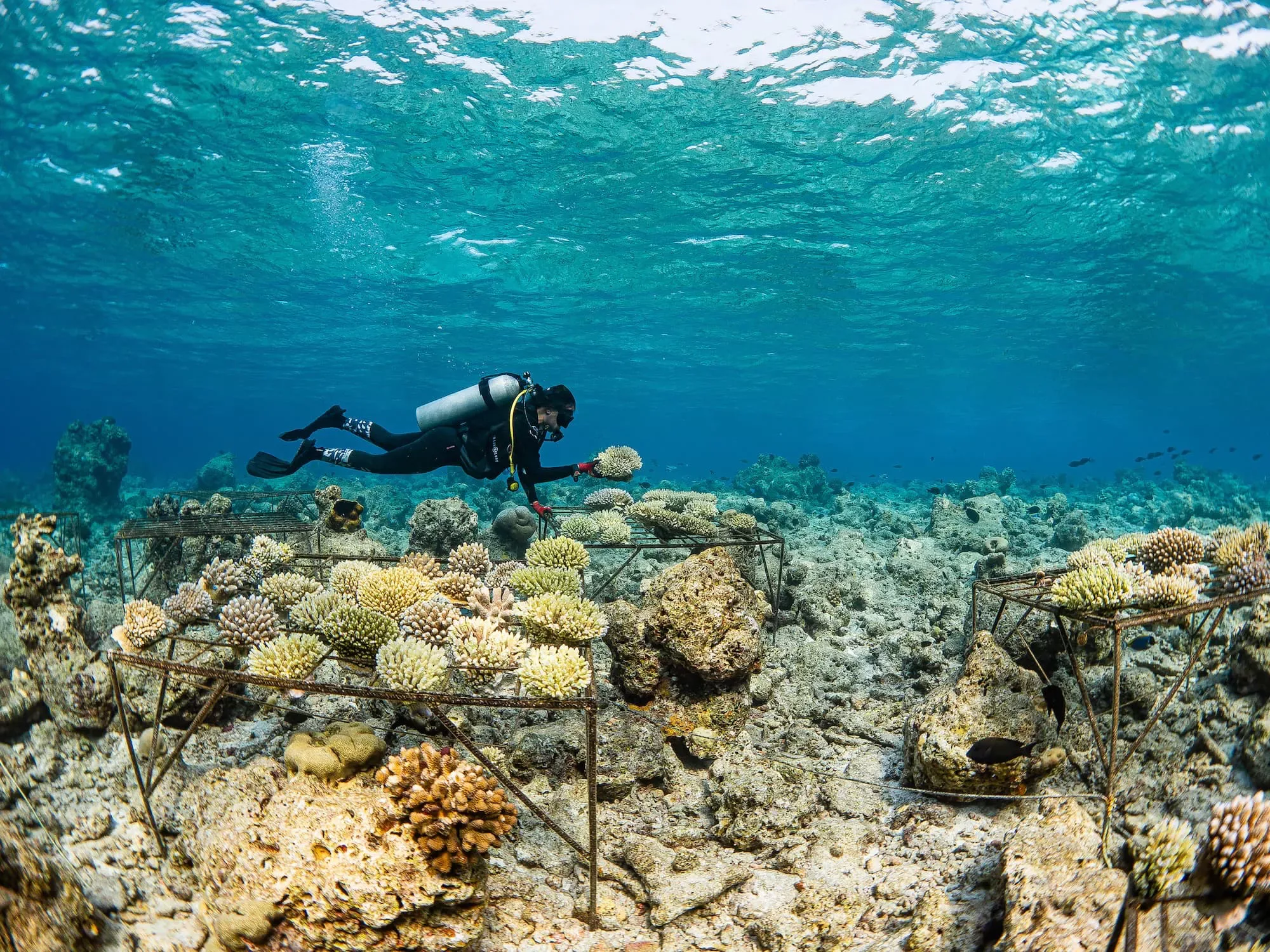
Dive Into Marine Restoration: How You Can Make a Difference!
“I’ve loved the ocean for as long as I can remember, and been very lucky to have worked on marine restoration projects for the last few years. Now, being back in the UK and quite far away from the sea, I want to use this blog to inspire those who are interested in being stewards for the marine environment or to learn more about it – no matter where you are and how much or little experience and time you have! I hope some of these resources are useful to you.” – Written by Liane Fulford Earthed Community Pollinator and teacher on the Earthed Coral Reef Restoration Course
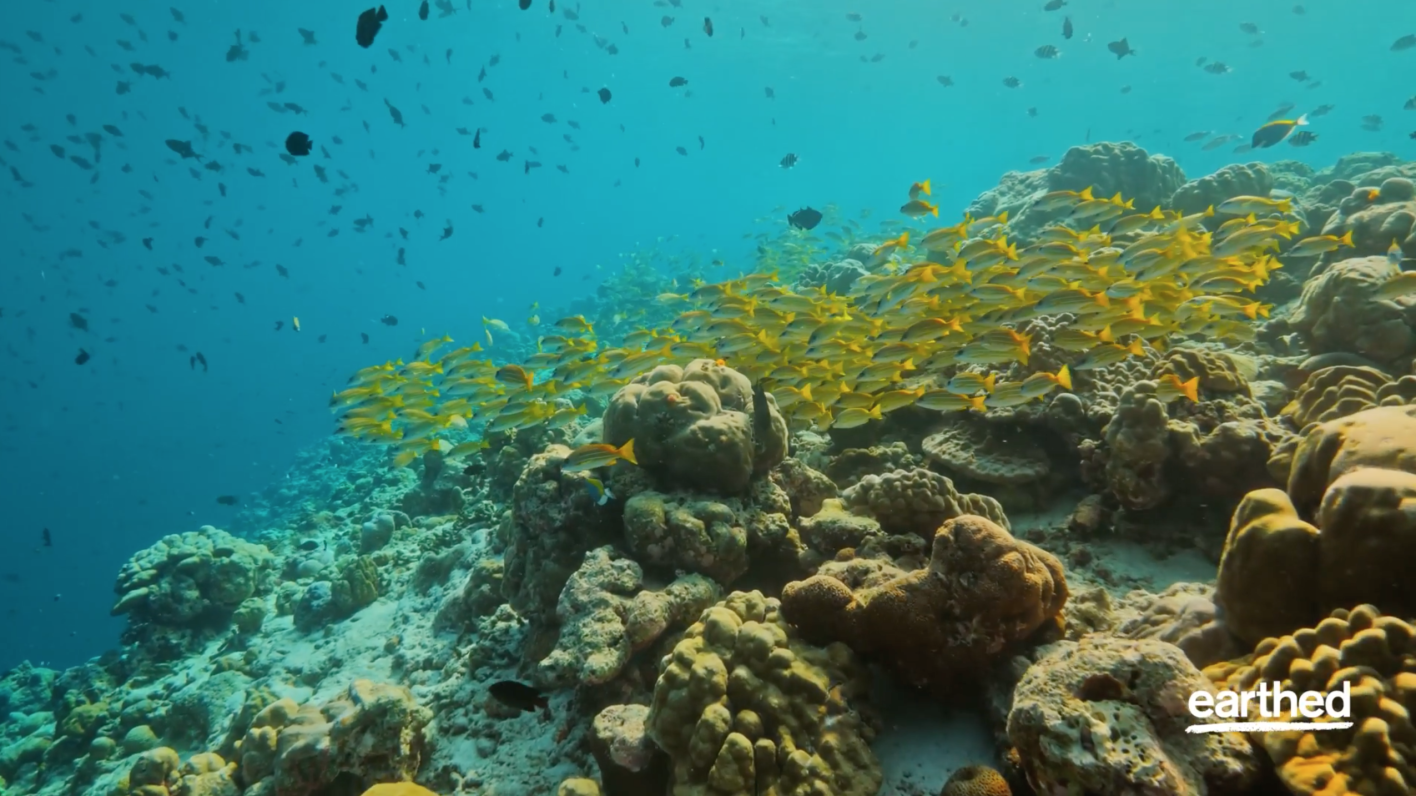
Take action to help protect and restore these critical ecosystems, here are some ways to get involved:
1. Local Clean-Up Initiatives
Participating in local clean-ups is a hands-on way to make a difference. Organizations like the Surfrider Foundation and Ocean Conservancy regularly host beach and underwater clean-up events. You can find local events on their websites and join like-minded individuals to help keep our coastlines clean.
- Surfrider Foundation (US based): Find a beach clean-up near you.
- Ocean Conservancy (worldwide): Join the International Coastal Cleanup.
2. Citizen Science Projects
Citizen science allows you to contribute valuable data to marine research. Here are some exciting projects you can join:
- Coral Reef Listening Project: Help scientists monitor fish populations by analyzing underwater sounds from coral reefs. You can do this from your own home!! Just listen and click when you hear a fish! Learn more here and participate here.
- iNaturalist: Use this platform to document marine life in your area. Your observations help researchers track biodiversity. Start contributing.
- Coral Watch: Engage in coral health monitoring by assessing color changes in corals, essential for understanding reef health. Join here.
- Manta Trust: Join efforts to protect manta rays by contributing to research and awareness campaigns. You can adopt a manta ray (great Christmas gift!) or join a research expedition. Get involved here.
- Marine Conservation Society (MCS): Participate in beach cleans, data collection, and various conservation projects across the UK. Check them out here.
3. Volunteer Opportunities
Many organisations offer research, education, and hands-on restoration projects. Here are a couple to check out:
- MCS: Engage in beach cleans, species monitoring, and educational outreach in the UK. Explore volunteering options.
- Sign up for WiseOceans careers board for free here and get a wide range of volunteering opportunities, internships and paid jobs to your inbox weekly
4. Advocacy and Education
Educating yourself and others is crucial for marine conservation. You can participate in workshops, take online courses, and read materials about marine issues. Advocacy for policy change is also vital.
- Earthed Coral Reef Restoration Course: Gain knowledge on coral restoration techniques. Enrol here.
- Waterlust: Sign up for a newsletter that shares ocean-related content every Sunday. Great for staying informed! Subscribe here, and check out their sustainable shop here.
- WiseOceans Academy runs fun online lessons for children to spark their passion for the marine world: WiseOceans Academy. And read inspiring interviews from people working in marine restoration here.
- Green Fins: Download conservation tools from their website. Find a response toolkit for coral reef bleaching here and learn more about sustainable snorkelling practices here.
5. Support Sustainable Practices
Making informed choices can significantly impact marine health. Here are some tips:
- Choose Sustainable Seafood: Use resources like the Marine Conservation Society’s Good Fish Guide to make informed choices about seafood. Learn more.
- Reduce Plastic Use: Participate in local campaigns aimed at reducing single-use plastics, or simply bring your reusable bags and containers when shopping.
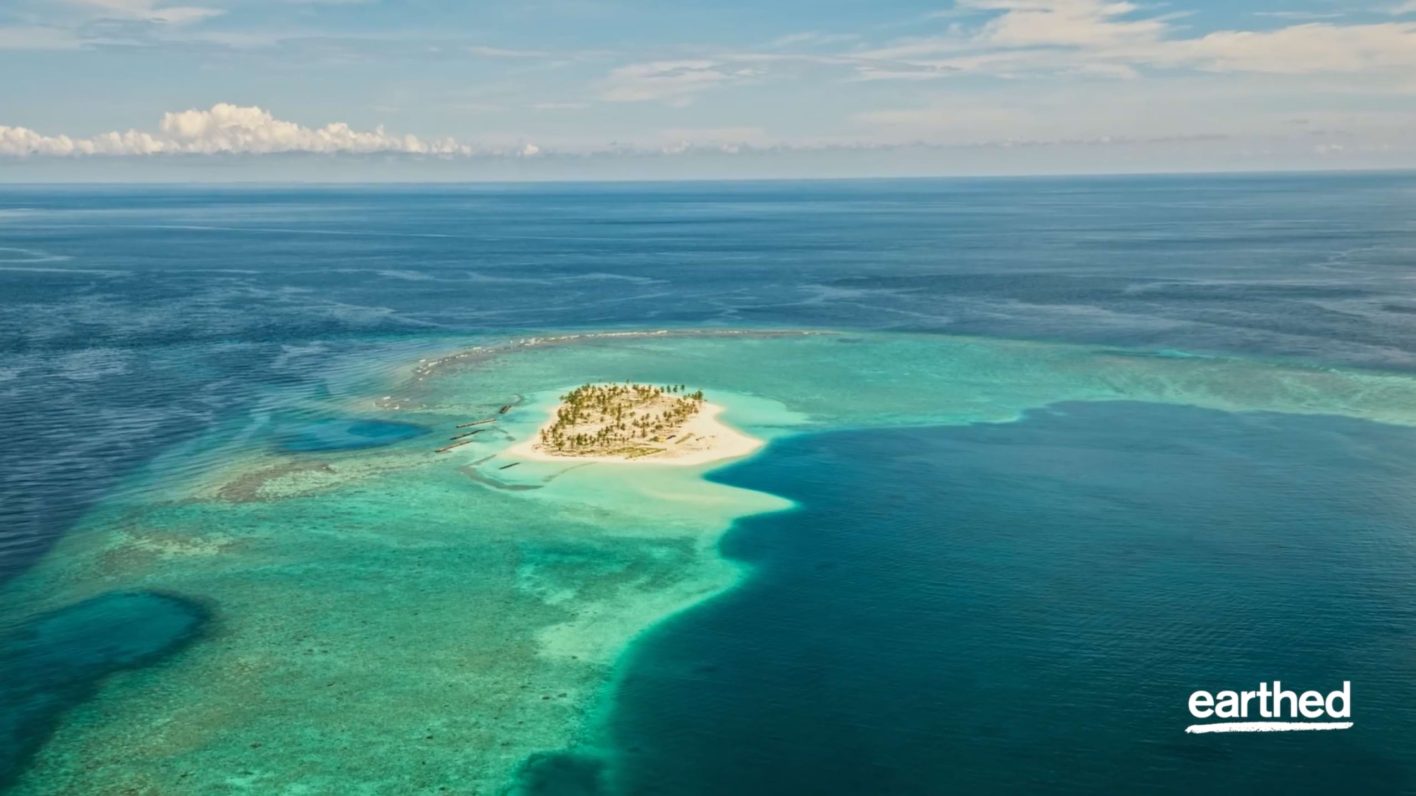
Getting Started
If you’re new to marine conservation, start small. Look for local events or community groups. Websites like VolunteerMatch can help you find opportunities near you. Every small action counts, whether it’s attending a clean-up or joining a local conservation group.
Resources
- Documentaries:
- Websites:
- Podcasts:
If you are based in the UK, also check out this article which highlights even more ways to get involved (and really – if you’re based in UK – you’re never more than a couple of hours away from the ocean!) 5 Ways to Get Involved in Marine Science in the UK – WiseOceans
